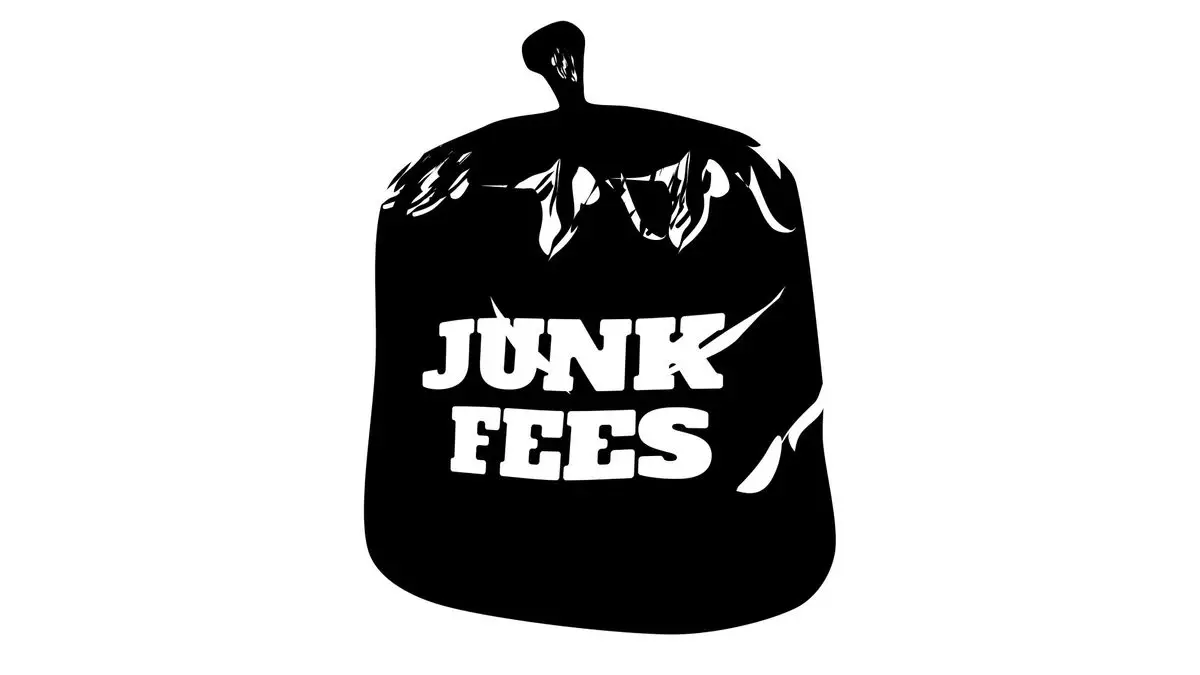In a significant move aimed at enhancing consumer rights, the Federal Trade Commission (FTC) has settled on a definitive rule prohibiting the obscuring of mandatory fees by hotels, vacation rentals, and other short-term lodging providers. Dubbed the „Junk Fees Rule,“ this regulation mandates that businesses must display the total price, inclusive of all required charges, prominently in their advertising and listings. The intention behind this legislation is to curb misleading pricing practices that leave consumers vulnerable to unforeseen expenses, which may transform what seems to be a bargain into an unexpected financial burden.
The FTC’s efforts come as a response to a pervasive issue within the hospitality sector where consumers often encounter additional charges labeled ambiguously as resort, convenience, or service fees. These tactics not only create confusion but can significantly inflate the cost of a stay, leading to a sense of betrayal among customers when they realize the actual price far exceeds their initial expectations. Lina Khan, the chair of the FTC, captured the essence of the regulatory initiative by stating, “People deserve to know upfront what they’re being asked to pay, without worrying that they’ll later be saddled with mysterious fees they haven’t budgeted for and can’t avoid.” This sentiment reflects a growing consumer demand for honesty and transparency from service providers in all sectors.
The rule’s approval, which passed with a 4-1 vote, signals a regulatory shift that will officially come into effect 120 days following its publication in the Federal Register. This timeline provides businesses with a window to adapt their pricing strategies and ensures compliance with the new standards. The regulation emerged after a comprehensive public engagement process starting in 2022, where the FTC received over 72,000 comments regarding hidden fees. This strong public response underscores the widespread frustration and desire for a change, illustrating a robust appetite for reform among consumers.
By eliminating these deceitful practices, the FTC estimates that consumers will collectively save over 53 million hours annually that would have otherwise been wasted deciphering pricing structures. Moreover, the rule is projected to save consumers more than $11 billion over the next decade. This not only has financial implications but also enhances consumer trust, as transparency in pricing fosters a more positive relationship between service providers and their clients.
Ultimately, as the FTC takes this decisive action against hidden fees, it reflects a broader commitment to consumer protection in the marketplace. This rule is a victory for those advocating for clear, upfront pricing and can potentially influence other sectors to reassess their pricing strategies. With the implementation of the Junk Fees Rule, there is hope for a more accountable industry that prioritizes the interests of its customers, ensuring they are fully informed before making purchasing decisions.


Napsat komentář